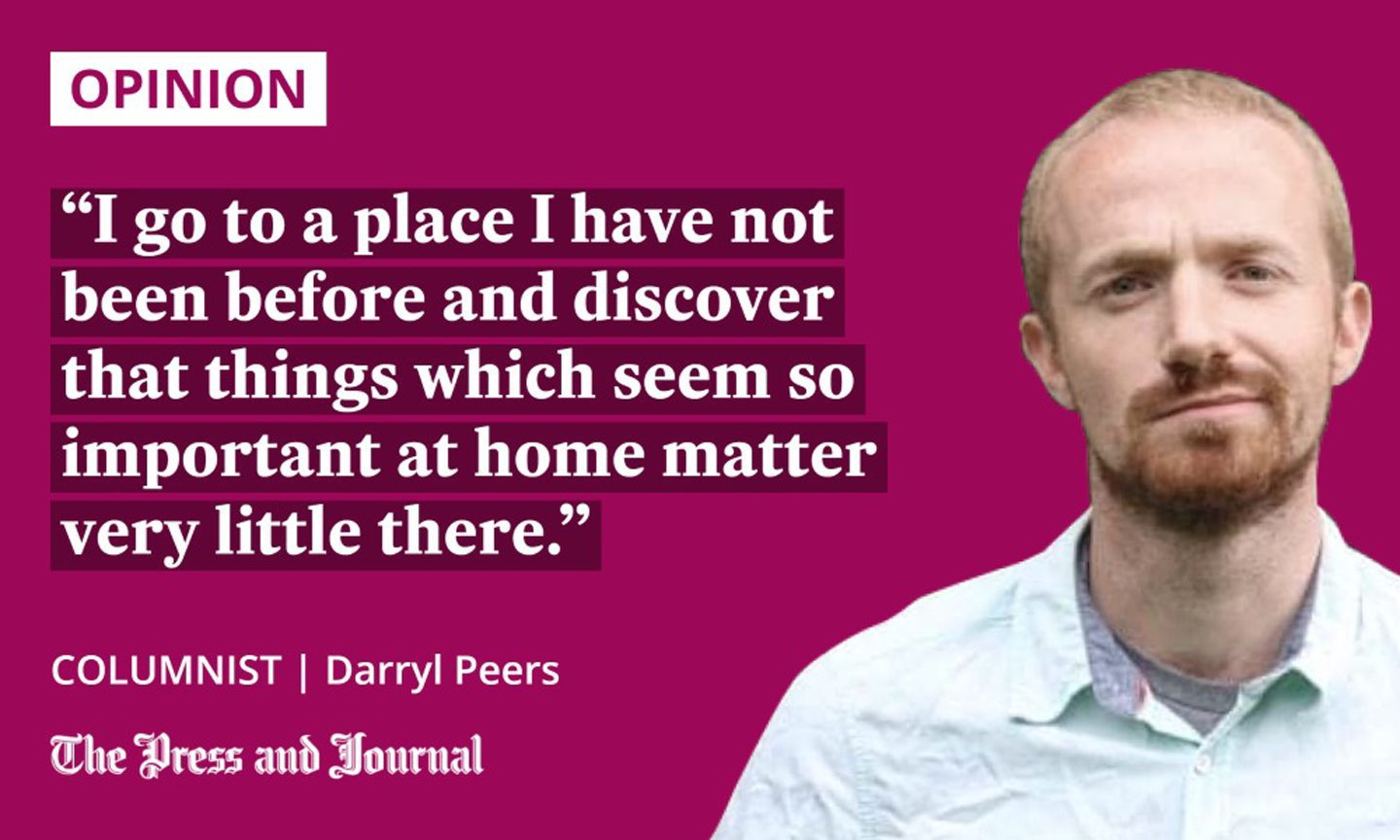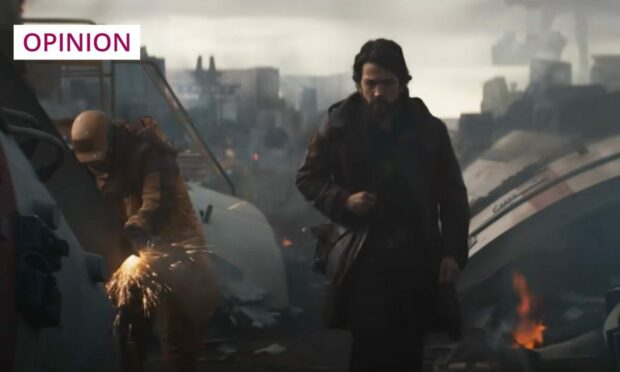The new Star Wars series, Andor, has begun streaming on Disney+.
A prequel to Rogue One, it delves into the dramatic life of its titular character, Cassian Andor, played by Diego Luna.
I came to Star Wars in my early 20s. During a lonely period in my life, I watched the films on my days off from work in the flat where I lived alone.
It sounds sad because I was sad.
It has been during the times when I have felt most vulnerable, least equipped to deal with what the world is demanding, that I have most craved the escape of fantasy and science-fiction. This is not to say that escapism is all these genres are good for – they often shine a light back on this world in surprising ways – but they at least displace my attention from my everyday life.

Rather than worrying about whether something I said gave off the wrong impression to a friend or colleague, I can weigh up with Cassian the pros and cons of teaming up with a stranger who asks him to join the rebel cause.
Easing anxiety about social connections
It is when I am anxious about the social connections in my life that I find the worlds of science-fiction most appealing. The friendships, working relationships, family connections and chance encounters I’m involved in day-to-day do not map easily onto the world of Andor.
Sometimes, it can feel like there is no sense in the feelings I hope to communicate to others. Or, if I can make sense of what I’m feeling, I become acutely aware of the risk involved in revealing it.
How does this person perceive me? What do they expect from me? What do I need to do, to say, to give them an uncomplicated, untroubling version of myself?
This is why participating in the world of Andor is so refreshing: here is a place where the cultural and personal logics that underscore the way I am with others do not make sense. Here is a place where, if I were there, I would have to be different.
What does the place I’ve visited have that I want to recreate in my everyday world?
This, I think, can also be the joy of travel in the real world. I go to a place I have not been before and discover that things which seem so important at home matter very little there.
In visiting other places, whether in person or by way of the TV, I gain a vantage point from which I can reckon with the particularity, the arbitrariness, of how my own life is functioning.
I gain the ability to say that my life is a certain way, but it could as easily, if I made different choices or felt different ways, be otherwise. I can ask myself: what does the place I’ve visited have that I want to recreate in my everyday world?
There are perhaps few knowledges more powerful than that which reminds me my life is not the only life, my way of seeing not the only way of seeing. The knowledge that I could spend my whole life interrogating it and never understand what my way of seeing is.
It’s knowing my own limitations, my own shortcomings, that compels me to want to be in the world in a way that accords the utmost agency to others. In a way where I do not claim to know anyone truly, or to even be able to know myself.
Andor lets me take a break – but consider new ways of being
On the one hand, I hope that knowledge allows me to live in the world kindly. On the other, it risks a hyperconsciousness that leads to the anxieties I’m so keen to leave behind when I put on an episode of Andor.
So often, especially when I was younger, I have been given the advice to simply “be yourself”. No doubt, it seems it would be easier if I were not someone who asked so many questions. If I would just be myself and be done with it.
To ask myself questions is to create the radical possibility, every day, that I may change, adapt, and transform
But, the very people giving me this sort of advice were often the ones who, when I was an impressionable teenager, made me feel bad for being gay. If this was them being themselves, then that was a harmful thing to be.
The possibility of causing harm multiplies if we believe that, by simply being ourselves, we will somehow avoid doing it.
To ask myself questions is to provoke uncertainty that I would rather escape. But it is also to create the radical possibility, every day, that I may change, adapt, and transform.
Andor lets me take a break now and again from all that upheaval, but – in the process – it shows me another world of ways to be.
Darryl Peers is a writer from the north-east of Scotland


Conversation